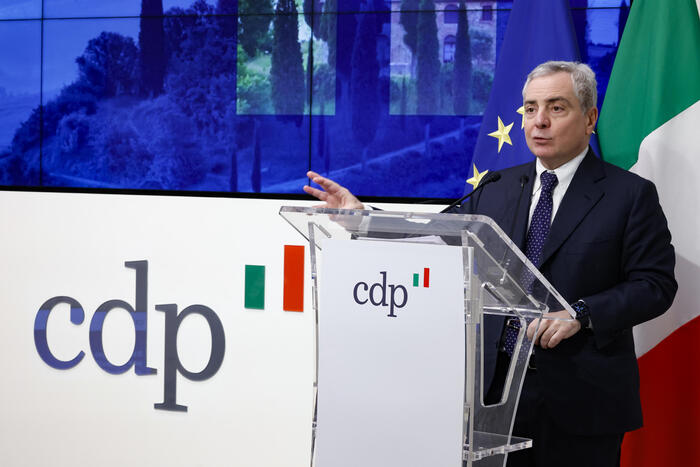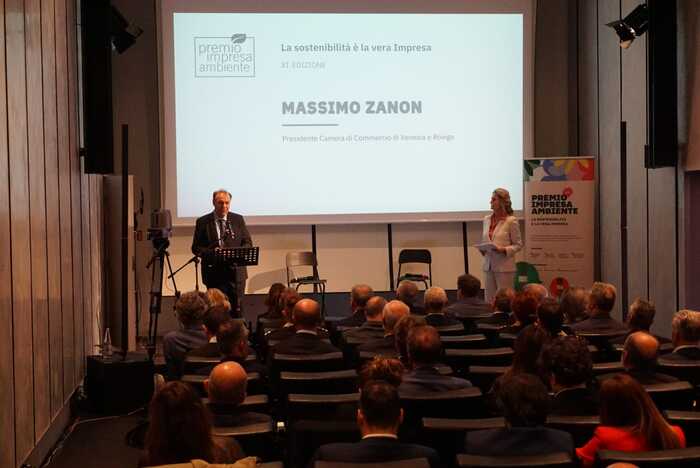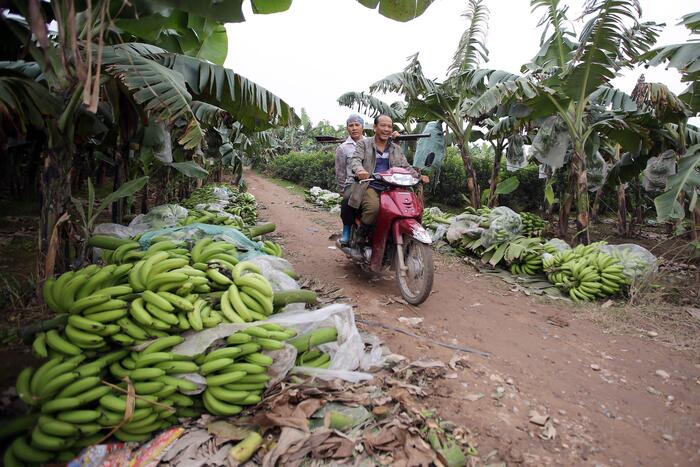Annually, the United Nations presents the update of its Sustainable Development Report, which tries to monitor the progress of the Sustainable Development Goals (SDGs) and thus the fulfillment of the commitments derived from the 2030 Agenda. The index with which it is measured progress in sustainable development is structured in three large dimensions of development (economic, social and environmental), which are broken down into the 17 SDGs and their 118 associated indicators.
Regardless of the discussions on the conceptualization and quantification of the SDGs, still in force, the truth is that the report offers a very comprehensive overview of development challenges at a global level.
The performance shown by Spain in this latest report allows us to draw some interesting conclusions about the main challenges facing the country from a multidimensional and long-term perspective.
Spain is ranked 16th out of 163 countries analysed, that is, it is among those that show the best performance in the index as a whole.
Of the 118 indicators, Spain meets the goals set in 69 of them and shows acceptable levels in another 20.
These indicators, located at a relatively satisfactory level of performance, are largely concentrated in the SDGs of "poverty" (SDG 1), "health and well-being" (SDG 3), "educational quality" (SDG 4), "equity gender” (SDG 5), “water and sanitation” (SDG 6) “clean energy” (SDG 7), “sustainable cities” (SDG 11),
“justice and institutions” (SDG 16) and “international alliances” (SDG 17).
In summary, Spain shows its best performance in the sphere of its institutions and in the deployment of social policies.
In contrast, the country shows its worst face in 27 indicators, which remain significantly below the goals set and tend to worsen.
These indicators are concentrated, in a very marked way, in the field of environmental sustainability, especially in the SDGs of "hunger and food security" (SDG 2), "sustainable consumption and production" (SDG 12), "climate action" ( SDG 13), “oceans and seas” (SDG 14) and “biodiversity” (SDG 15).
But also in various indicators linked to the economic dimension, such as "decent work and economic growth" (SDG 8), "industry, innovation and infrastructure" (SDG 9), as well as in some specific aspects of a social nature (SDG 10. " inequalities”).
These indicators of poor performance offer a relatively complete approximation of the challenges that the country will face in the coming decades.
three challenges
The first conclusion drawn after analyzing these indicators is that Spain's main challenge is to adapt its economic system to environmental sustainability criteria.
This goes beyond the Paris Agreements, the reduction of CO₂ emissions and the development of renewable energies, and requires addressing environmental challenges from a comprehensive perspective.
In other words, it includes the need for significant improvements in areas such as the development of sustainable agriculture, the management of electronic waste, the development of plastic recycling systems, the implementation of circular economy mechanisms.
But also the protection of seas and rivers, the development and regulation of fishing practices,
The second challenge is that of productivity.
Spain presents serious deficiencies in key indicators for the development of its human capital and the achievement of aggregate improvements in productivity, both key determinants of long-term economic growth.
Some of these indicators are: a low patent registration and investment in R&D, low scores in the Program for International Student Assessment or PISA exam (for its acronym in English), low academic performance of students in science, small proportions of researchers and large proportions of young people who neither study nor work.
The third challenge focuses on inequality.
Spain presents a performance that could be improved in all inequality indicators (Gini index, Palma ratio, poverty in the elderly and poverty after redistribution), as well as in different aspects of its welfare state, such as equal pay by gender and excessive workload. household income, among others.
In addition, the country also presents other indicators that need to improve, such as the excessive prison population, a notable relevance of arms exports and a dwindling volume of official development aid.
In short, if Spain wants to achieve the SDGs by 2030, it will have to face these three key challenges through intelligent public intervention.
The challenge of sustainability will require in-depth regulatory developments and an ambitious public (and private) investment strategy in line with the European Green Pact.
The productivity challenge must focus on a significant increase in investment in R&D and qualitative improvements throughout the development chain of its human capital and technology transfer to the business fabric.
The challenge of inequality will require a better and greater collection capacity and the redesign and improvement of the redistributive efficiency of public spending.
Finally, beyond the technical discussion on the best public policy options to overcome these challenges,
Fernando de la Cruz Prego
is Professor of Global Governance and Public Policy in the Department of Political Science at the Complutense University of Madrid.
You can follow PLANETA FUTURO on
,
and
, and subscribe
here
to our 'newsletter'
.


/cloudfront-eu-central-1.images.arcpublishing.com/prisa/D3KKZZA5HZBEDA4TSYE7XVGSKQ.jpg)

/cloudfront-eu-central-1.images.arcpublishing.com/prisa/D6BPFYE4B5FMJAMYWLMWT3HYGQ.jpg)




